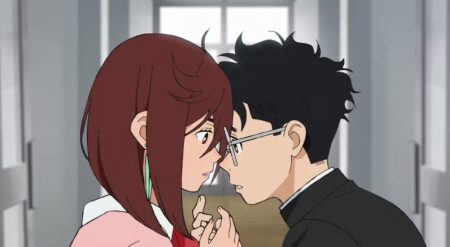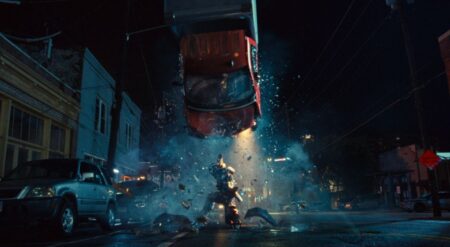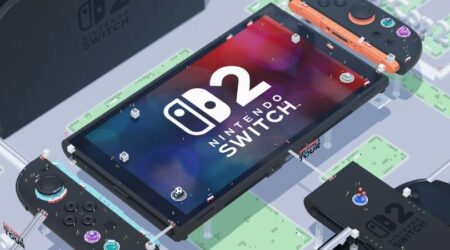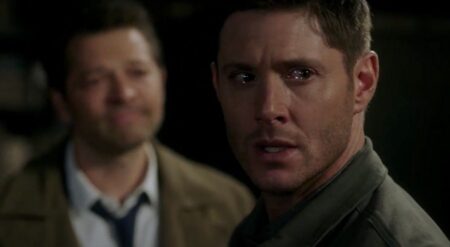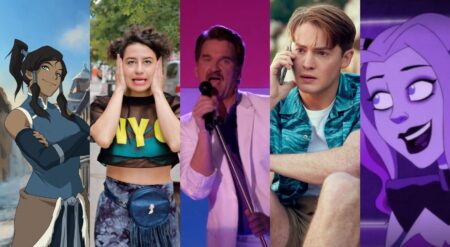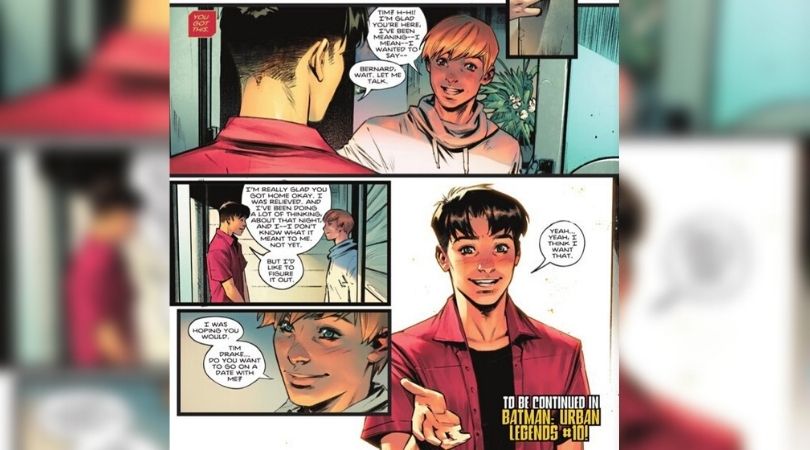
I’ve been coming out to some specific people (and, well, I guess the whole internet) these past few weeks. Don’t ask what I came out as, it’s not your business and it doesn’t matter and I don’t really know. Kind of like Tim Drake. Except he didn’t even “come out.” Not in the way that CNN and NPR headlines, as well as basically everyone on the internet, are sensationalizing it — as if he burst into an action sequence a la Northstar and declared “I’m queer!” This week, in Batman: Urban Legends #6, Tim Drake, aka the 3rd person to don the Robin moniker, culminated, for now, a personal journey he has been on for several months through several comics. He decides he’s ready to take another step forward in understanding and exploring his sexuality and excitedly accepts a date with another man.
I’m not an avid DC comic reader, but I’m certainly up on the zeitgeist. I saw the trending topic when the comic came out, looked at it briefly, and said to myself “ah, that’s nice.” I put it down and thought nothing of the topic again until honestly, my bosses at But Why Tho? asked why we had missed covering this apparently monumental moment in comics history (my words, not theirs’). Why did we miss it? Because as somebody who’s literally quaking in the same boots as Tim as of late, this revelation isn’t revolutionary.
Don’t get me wrong at all. It’s awesome. The Batman franchise has a long and complicated (read: often homophobic) history with Robin and non-heterosexuality. But it’s 2021. We have major comic franchises blessed to be filled with non-cishet characters releasing pretty much weekly. While heteronormativity obviously prevails in the industry, especially among the most mainstream characters and their blockbuster outings, there’s a deep and rich bank of queer content and an equally so queer culture that has been emerging and solidifying for years. But Tim’s fictional. I am not.
I get to choose how and with whom I discuss my sexuality where he only has one still image on a page for the world to derive assumptions. I get the cheers and sensation over it because we’ve been taught, generally for the better, to celebrate such occasions. Celebration makes it easier and safer for others to celebrate too, which is amazing and important. But while Tim is fictional, the heaping of assumptions and expectations onto his newly recognized queerness is triggering every alarm in my very real system set up to protect me against understanding my own queerness.
Nearly every major headline is throwing around words like “bisexual,” “gay,” or “coming out.” They either didn’t read the comic or just are still far behind on how to talk about sexuality today. Tim didn’t “come out” as “gay” or “bisexual.” He said yes to going on a date with another man. He’s still, based on having actually read the story, deep in figuring himself out. “Coming out” is a process, not a singular moment, and nobody should be putting labels on him but himself. I don’t know about Tim, I haven’t had the privilege to ask, but I just want to be able to form my own understandings of myself in peace without the pressure of either mainstream media or other folks, queer or otherwise, trying to label me or pre-determine how I should live and experience my own queerness.
It’s great watching the excitement around Tim Drake reach unexpected and safe corners of The Discourse alike. I’m excited for his queerness to exist and be explored as surely it will continue to help make it safe and celebratory for people of all kinds of marginalized identities to be represented in all kinds of popular media. But if not everyone is celebrating this week, that’s okay too. We all get there when we’re ready. And hopefully, moments like these in pop culture can continue to happen while evolving to celebrate specifically the individuality of the experience, rather than pose sweeping blanket assumptions and expectations.
For the sake of those who have more still to learn about living in a world filled with unique queer experiences, and for the sake of those of us still trying to learn that we don’t need to fit anybody else’s images of us. We aren’t Tim, drawn in a permanent, singular perspective on a glossy page for other’s entertainment. We’re not fiction. We’re human.

